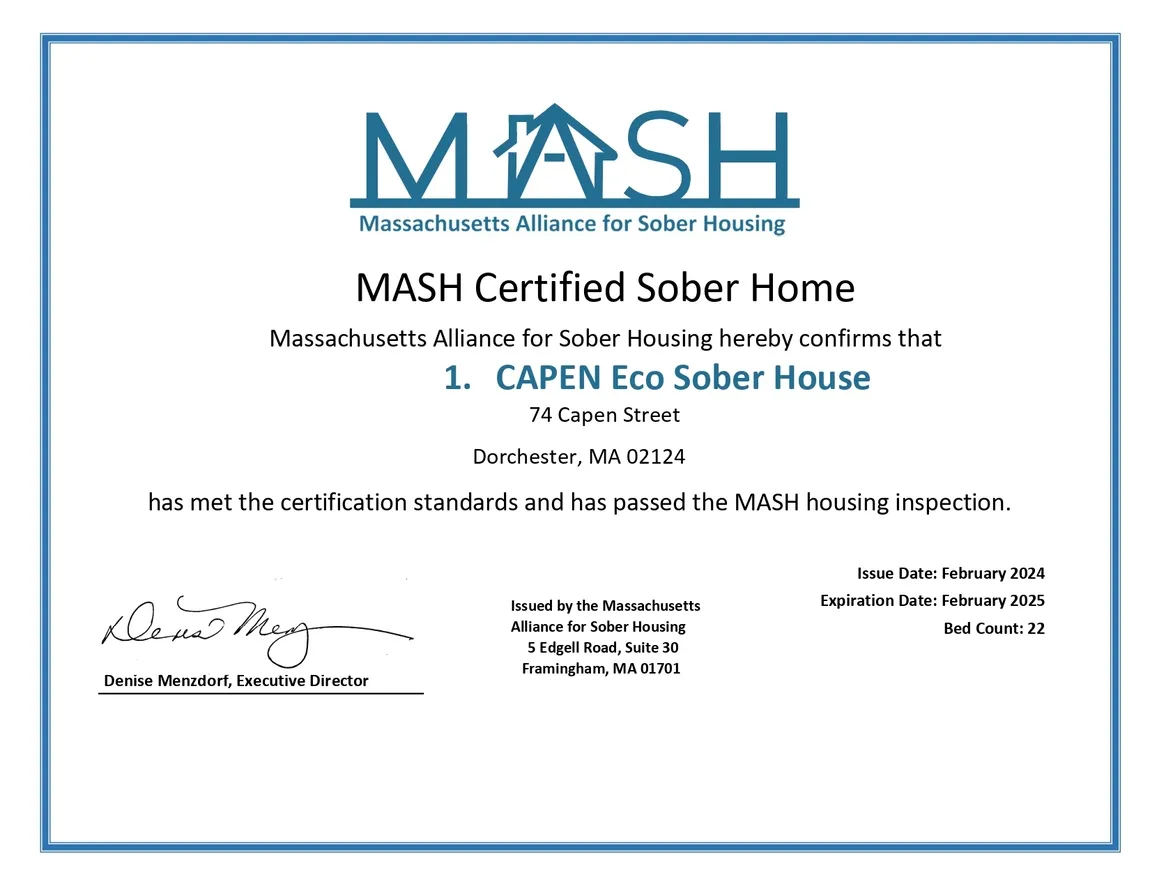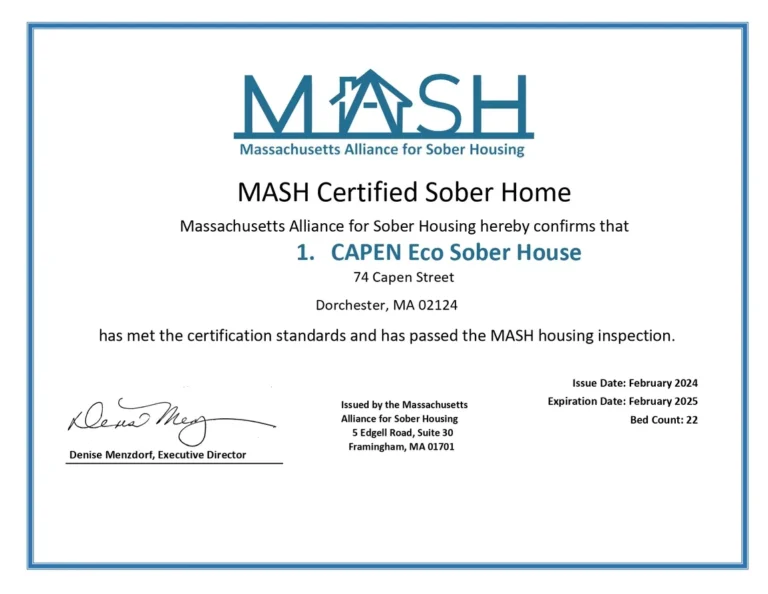
For example, some people may experience mild nausea with no vomiting, while others may have severe nausea and frequent vomiting or dry heaving. This depends on the individual and the results of laboratory tests that their doctor may order. In general, blood work will test serum magnesium, and replacements will occur if indicated. Vitamins such as thiamine and folic acid will need to be supplemented. The person should also try to eat three well-balanced meals per day and drink enough water to remain hydrated.
- During the initial stages of withdrawal, you may participate in activities that distract you from symptoms that begin occurring.
- If you have decided that it is time to stop or reduce your alcohol consumption, knowing what happens to your body when you stop drinking can give you a better idea of what to expect.
- « Furthermore, consistent use of alcohol to induce sleep only increases the need to use alcohol in the future to get to sleep, » he explains.
Alcohol Withdrawal Stages and Severity
You may also receive other medications or treatments for related health issues, like IV fluids for dehydration and electrolyte imbalances or antinausea medicines if you experience vomiting. Alcohol (ethanol) depresses (slows down) your central nervous system (CNS). If you consistently consume significant amounts of alcohol, your CNS gets used to this effect. Your CNS must work harder to overcome the depressant effects of alcohol to keep your body functioning. Behavioral health treatment for alcohol problems is often (but not always) covered by insurance. In the United States, most states have low-cost or free rehabilitation programs for those who are uninsured.

Alcohol Misuse and Binge Drinking

Withdrawal symptoms from opiates include anxiety, sweating, vomiting, and diarrhea. Alcohol withdrawal symptoms include irritability, fatigue, alcohol detox shaking, sweating, and nausea. Withdrawal from nicotine can cause irritability, fatigue, insomnia, headache, and difficulty concentrating.

Quitting alcohol can be challenging, but the benefits of abstaining can improve your overall health and happiness.
By Sarah Bence, OTR/LBence is an occupational therapist with a range of work experience in mental healthcare settings. Millions of people join support groups to help stop drinking and stay stopped. Studies show support groups play an instrumental role in https://ecosoberhouse.com/ helping people develop healthy social networks that result in continued sobriety. Remember you are facing a difficult challenge during alcohol withdrawal, but you are not alone.
- If you don’t already have a supportive network, you can make new connections by joining social media communities dedicated to alcohol-free living.
- You don’t need to be diagnosed with alcohol use disorder in order to quit drinking.
- If you feel that you sometimes drink too much alcohol, or your drinking is causing problems, or if your family is concerned about your drinking, talk with your health care provider.
- Withdrawal seizures, sometimes called “rum fits,” can emerge between 6–48 hours after last use.
- The effects of being well-hydrated will continue to build, having more positive results as you continue sobriety.
- You will be routinely assessed by health care professionals and have your vital signs taken frequently throughout the day.
Medical teams test the bloodstream, screen for co-occurring mental and physical conditions, note symptoms and complete a thorough background so treatment can proceed in the desired direction. As your symptoms begin to subside, your team will focus on helping you recover from the stress that your body has just undergone. The focus of care will shift to include strategies for coping with cravings and maintaining sobriety. Some centers may provide rehab treatment in the same facility where detox services were provided. In cases where alcohol use is not likely to cause serious side effects, people may be able to safely detox at home.
Within 5 minutes, you’ll receive an email with these details – free of charge. “Clinical management of alcohol withdrawa… A systematic review.” Industrial Psychiatry, July 2013. « I am going on seven weeks of being sober, and I could not be any happier. » « I am feeling better each day goes by. I am also very happy I am able to stay sober, I never thought I would be able to do it. Cravings come and go, but the belief in God and prayers have helped me stay strong and sober. »

It’s important to weigh the pros and cons—in particular, costs and insurance coverage—of the type of treatment with your family members and primary care physician. If you do not have insurance, your doctor can help put you in touch with a facility or treatment program that offers financial aid, financing, or a sliding scale payment system, in which you pay what you can. If you’ve ever questioned your relationship with alcohol, that’s the first sign you need to “dig a little deeper,” says Amanda Zahner, a person recovering from alcohol use disorder who is now six years sober. In fact, an estimated one-third of people who receive treatment for alcohol issues are sober one year later, according to the National Institute on Alcohol Abuse and Alcoholism. If your drinking makes you feel out of control and you are ready to seek help, many organizations can assist you.
Listen to relatives, friends or co-workers when they ask you to examine your drinking habits or to seek help. Consider talking with someone who has had a problem with drinking but has stopped. Counseling is usually recommended for someone experiencing alcohol withdrawal.